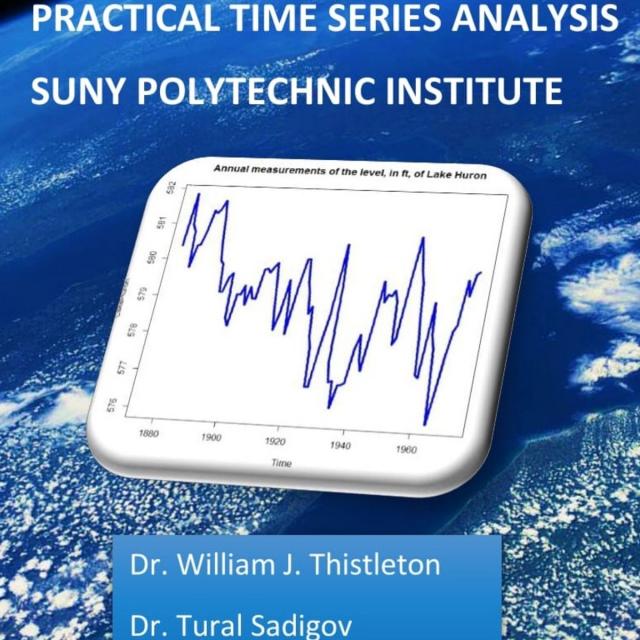MOOC List is learner-supported. When you buy through links on our site, we may earn an affiliate commission.

MOOC List is learner-supported. When you buy through links on our site, we may earn an affiliate commission.
In practical Time Series Analysis we look at data sets that represent sequential information, such as stock prices, annual rainfall, sunspot activity, the price of agricultural products, and more. We look at several mathematical models that might be used to describe the processes which generate these types of data. We also look at graphical representations that provide insights into our data. Finally, we also learn how to make forecasts that say intelligent things about what we might expect in the future.
Time Series Analysis can take effort to learn- we have tried to present those ideas that are "mission critical" in a way where you understand enough of the math to fell satisfied while also being immediately productive. We hope you enjoy the class!
Syllabus
WEEK 1
Basic Statistics
During this first week, we show how to download and install R on Windows and the Mac. We review those basics of inferential and descriptive statistics that you'll need during the course.
WEEK 2
Visualizing Time Series, and Beginning to Model Time Series
In this week, we begin to explore and visualize time series available as acquired data sets. We also take our first steps on developing the mathematical models needed to analyze time series data.
WEEK 3
Stationarity, MA(q) and AR(p) processes
In Week 3, we introduce few important notions in time series analysis: Stationarity, Backward shift operator, Invertibility, and Duality. We begin to explore Autoregressive processes and Yule-Walker equations.
WEEK 4
AR(p) processes, Yule-Walker equations, PACF
In this week, partial autocorrelation is introduced. We work more on Yule-Walker equations, and apply what we have learned so far to few real-world datasets.
WEEK 5
Akaike Information Criterion (AIC), Mixed Models, Integrated Models
In Week 5, we start working with Akaike Information criterion as a tool to judge our models, introduce mixed models such as ARMA, ARIMA and model few real-world datasets.
WEEK 6
Seasonality, SARIMA, Forecasting
In the last week of our course, another model is introduced: SARIMA. We fit SARIMA models to various datasets and start forecasting.
MOOC List is learner-supported. When you buy through links on our site, we may earn an affiliate commission.
MOOC List is learner-supported. When you buy through links on our site, we may earn an affiliate commission.
